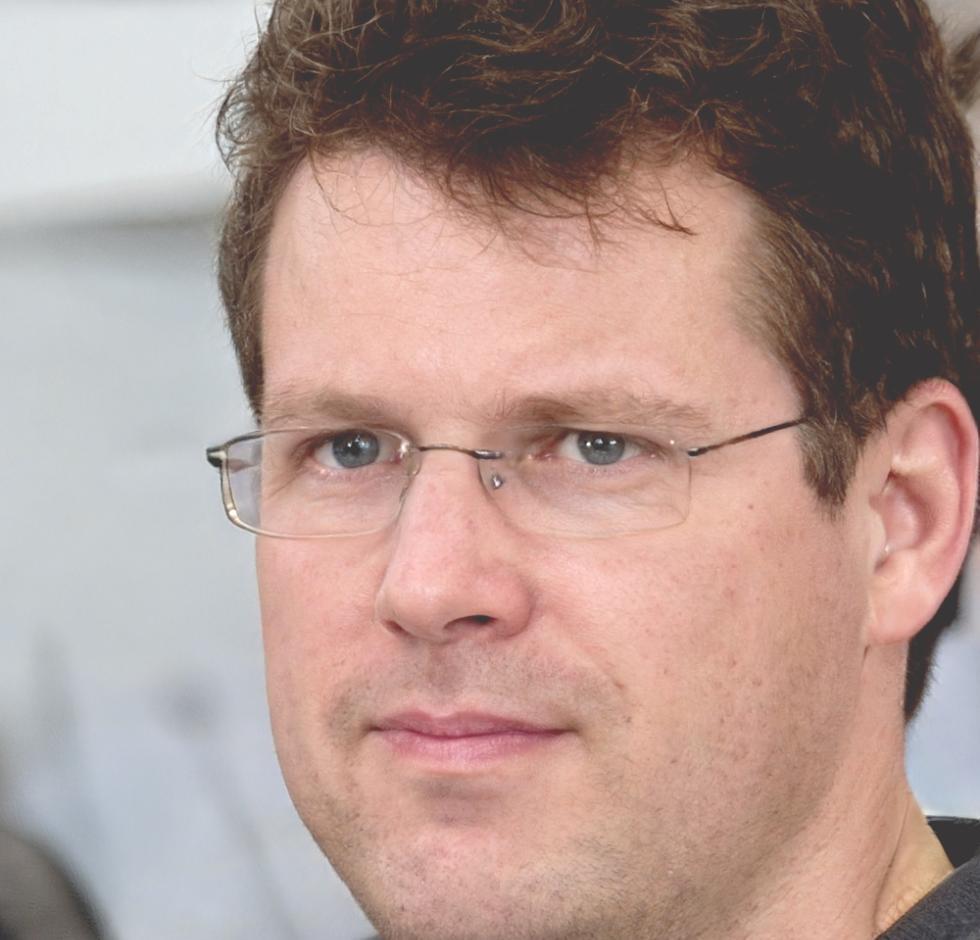Budget Clarity Changes How You Run Your Business
Most business owners in Thailand know their revenue. But can you answer where exactly your money goes each month? We teach practical budget frameworks that help you see the full picture and make decisions with confidence. No fluff—just methods that work.
Explore Learning Programs

Spent twelve years helping SMEs in Southeast Asia untangle their finances. Started because too many good businesses failed from poor cash planning.
How We Approach Budget Education
-
Start With Your Reality
We begin by mapping your actual spending patterns—not ideal scenarios from textbooks. Every business has unique cycles, and generic advice misses that. You'll learn to categorize expenses in ways that match how your business actually operates.
-
Build Forecasting Skills
Predicting cash flow three months out changes everything. We teach simple projection methods that don't require complex software. You'll understand seasonal patterns and prepare for slow periods before they catch you off guard.
-
Create Decision Frameworks
Should you invest in new equipment or hire another person? These questions get easier with clear budget criteria. We help you develop your own decision rules based on margin targets and liquidity thresholds that fit your industry.
-
Practice Real Scenarios
Our programs include case studies from Thai businesses across retail, services, and manufacturing. You'll work through situations like unexpected tax bills, supplier price increases, or opportunity costs of expansion timing.
Your Path to Budget Mastery
We've organized our curriculum around the questions business owners actually ask. Pick the path that matches where you are now.
Foundation Track
Just started tracking expenses? Learn the fundamentals: chart of accounts setup, monthly closing procedures, and basic variance analysis. Eight weeks, online format.
Growth Planning
Ready to scale but worried about cash? Master working capital management, inventory financing strategies, and growth rate sustainability calculations. Starts September 2025.
Advanced Analysis
Need deeper insights? Covers contribution margin analysis, break-even scenarios for multiple products, and capital budgeting for major investments. Limited to twelve participants per cohort.

What Makes Our Programs Different
We don't believe in certification theater. Our focus is giving you tools you'll actually use next week—spreadsheet templates, decision checklists, and calculation methods that work without fancy software.
Programs run in small groups. You'll get direct feedback on your specific business situation. And because we understand the Thai market context, examples reflect local regulations, banking practices, and industry norms.
View Business Programs
Budget Foundations Workshop
Three-day intensive covering expense classification, cash flow forecasting basics, and monthly reporting setup. Held in Nakhon Ratchasima with practical exercises using participant business data.
Pricing Strategy Seminar
How to set prices that cover all costs while staying competitive. Includes margin calculation methods, discount impact analysis, and volume-price tradeoff scenarios specific to Thai market conditions.
Annual Planning Masterclass
Build your complete 2026 budget with guidance. We'll work through revenue projections, expense planning, capital expenditure decisions, and contingency reserves. Ongoing support through first quarter implementation.

Questions About Budget Education?
Not sure which program fits your business stage? Want to know if online or in-person format works better for your schedule? We're happy to discuss your specific situation and recommend the right starting point.
Our office in Nakhon Ratchasima welcomes visitors, or we can arrange a phone consultation. Response time is typically within one business day.
Get in Touch